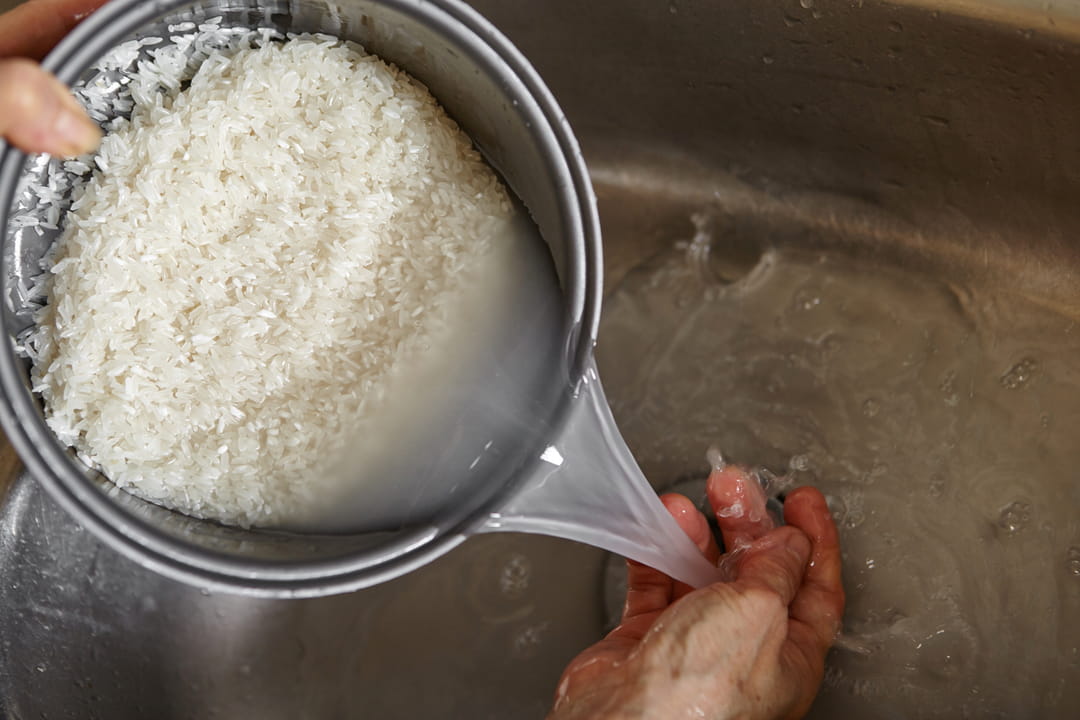Not just pesticides: rice must always be rinsed, it is contaminated with harmful substances

If you don't already rinse your rice before cooking, this will give you another reason to do so. For many people—especially in Asia, where rice is widely consumed—this practice is already part of their routine. It's generally recommended to rinse rice systematically (and even several times) before cooking it, to remove dust, starch, pesticides, and heavy metals. Simply cooking rice in water and draining it is therefore not enough to clean it.
But rinsing rice could also reduce its contamination with other substances harmful to health. Rice, in particular, is said to contain plastic particles, the health consequences of which are increasingly being highlighted. Australian researchers estimated that we consume "3 to 4 mg of plastic per 100g serving of rice," or "about 1 g per person per year." The amount of plastic was even four times higher in precooked instant rice.

The good news is that it's possible to reduce this plastic pollution in rice by rinsing it. "Washing rice before cooking reduced plastic contamination by 20 to 40 percent," the study authors reported. It's also best to avoid rice packaged in plastic bags, as this could increase contamination, in addition to increasing plastic waste.
Other studies in Asia have also found evidence of microplastics in rice. One study, conducted in India and published in 2024 , concluded that "microplastics were ubiquitous in all rice samples, indicating that ingestion could be a potential pathway for plastics to enter the human body." Another study, conducted in Bangladesh and published in 2025 , also concluded that "microplastic particles were detected in all samples."
Although the health impact of our plastic contamination remains to be precisely defined, numerous studies suggest that micro and nanoplastics, widely present in our bodies, can cause inflammation and have effects on reproduction, the hormonal system and even metabolism.
Beyond plastic, cleaning rice before cooking also helps eliminate some of the pesticides and heavy metals, such as arsenic, cadmium, and lead. Since rice is a staple food in much of the world, knowing what it contains and how to limit its contamination with harmful substances is a major health issue.
L'Internaute





